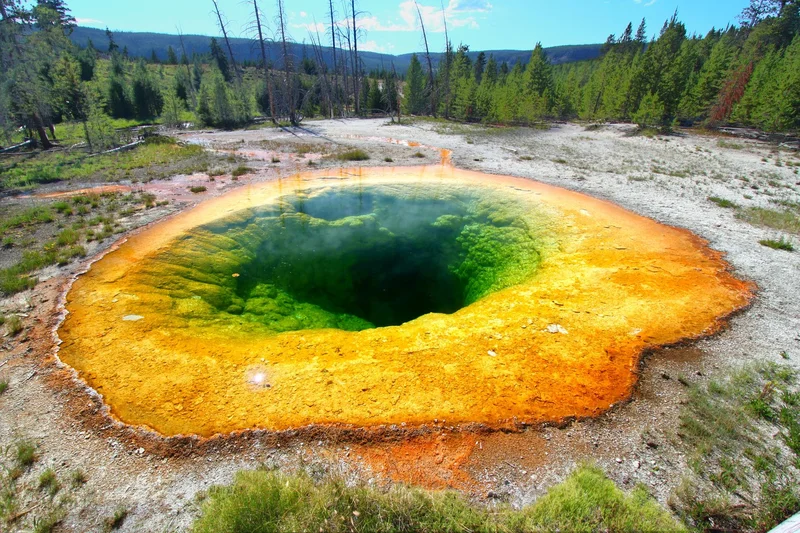Alright, let's get this straight. Another day, another "AI breakthrough" promising to save us from ourselves. This time it's Campi Flegrei, that supervolcano lurking near Naples, and apparently, AI has "uncovered a massive, previously hidden crack" Scientists find hidden ring fault beneath dangerous Campi Flegrei volcano. A ring-shaped fault. Ooooh, scary.
So, what? We're supposed to believe that after decades of seismic monitoring, it takes an AI to point out a giant freakin' crack in the ground? Please. I'm sure the geologists studying this thing weren't just twiddling their thumbs until Skynet showed them the way.
The article claims this AI can "recognize tiny, overlapping signals that older methods missed." Right. Because seismologists are all idiots who can't read a seismogram. Maybe they missed it because the "signals" are just noise, or maybe they already knew about it and it wasn't worth panicking the public over. Ever think about that?
And the quote from Xing Tan, the Stanford doctoral researcher: “Our Italian colleagues were surprised to see the ring so clearly.” Translation: "We ran some algorithms and made a pretty picture that confirms what they already suspected."
Don't get me wrong, machine learning has its uses. But the way these things are hyped… it's like we're outsourcing common sense to a bunch of algorithms.
They're saying this new system can deliver "much clearer views of underground activity." Okay, great. So now we have more data to sift through, more potential for false positives, and more reasons for politicians to justify their budgets. And what's the end result? More vague warnings about a potential "earthquake in the magnitude 5 range." Thanks, AI, for confirming what everyone already knew: living near a supervolcano is risky.

This reminds me of that whole "big data" craze from a few years back. Remember that? "We'll collect all the data, and AI will solve all our problems!" Except it didn't. It just created more problems, like privacy violations and algorithmic bias.
We're told that the AI can estimate the realistic range of shaking a given fault can produce. That's nice, I guess. But what about the human element? What about the corrupt officials who allowed shoddy construction in the first place? What about the lack of evacuation plans? AI can't fix human stupidity.
Offcourse, better data is always useful, but let's not pretend that AI is some kind of magic bullet. It's a tool, and like any tool, it can be misused or misinterpreted.
And then there's this completely unrelated article about Crater Lake Better than Lake Tahoe, this Oregon caldera has 298 feet more depth and costs 50% less. What's that got to do with anything? Nothing, really. Except it reminds me that even natural disasters get turned into tourist opportunities. "Come see the potentially erupting volcano! Souvenir ash trays available in the gift shop!"
Maybe I'm being too cynical. Maybe this AI really will help us predict the next eruption. But I doubt it. I think it's just another example of tech companies trying to insert themselves into every aspect of our lives, whether we need them or not.
It's hype, plain and simple. AI can analyze data, but it can't solve the fundamental problems of living in a dangerous world.